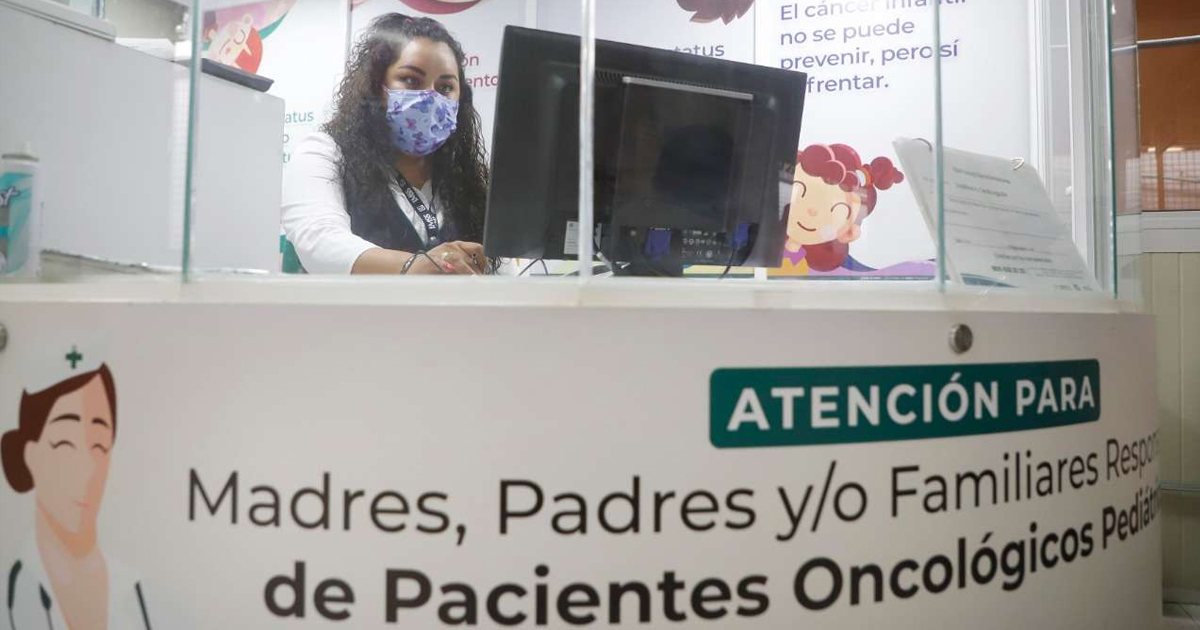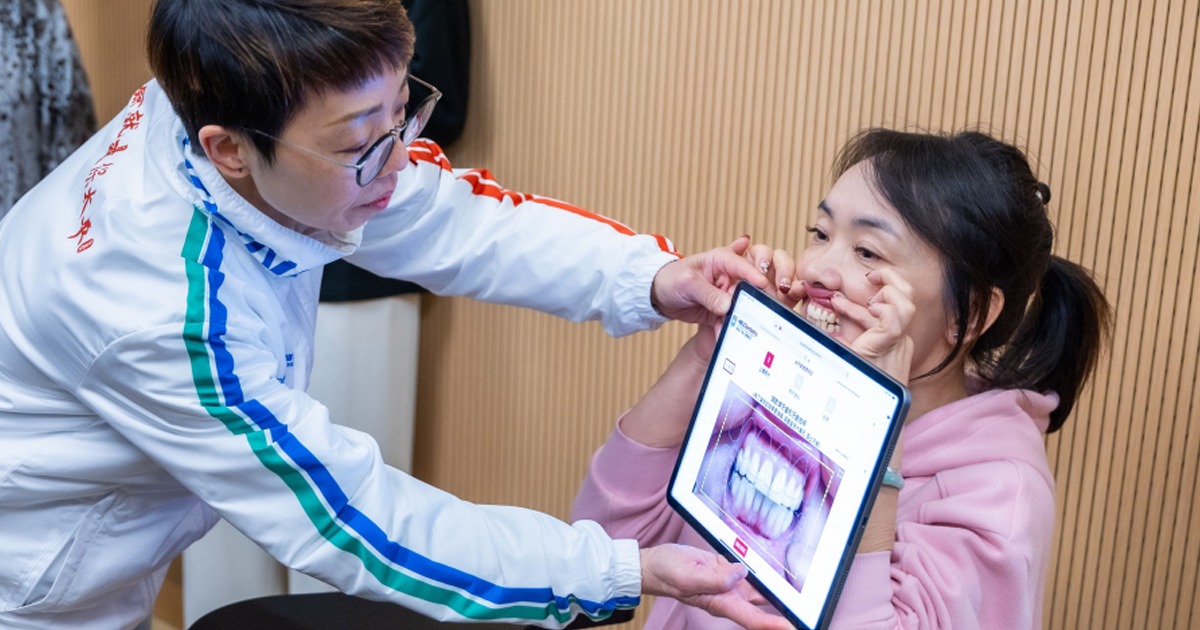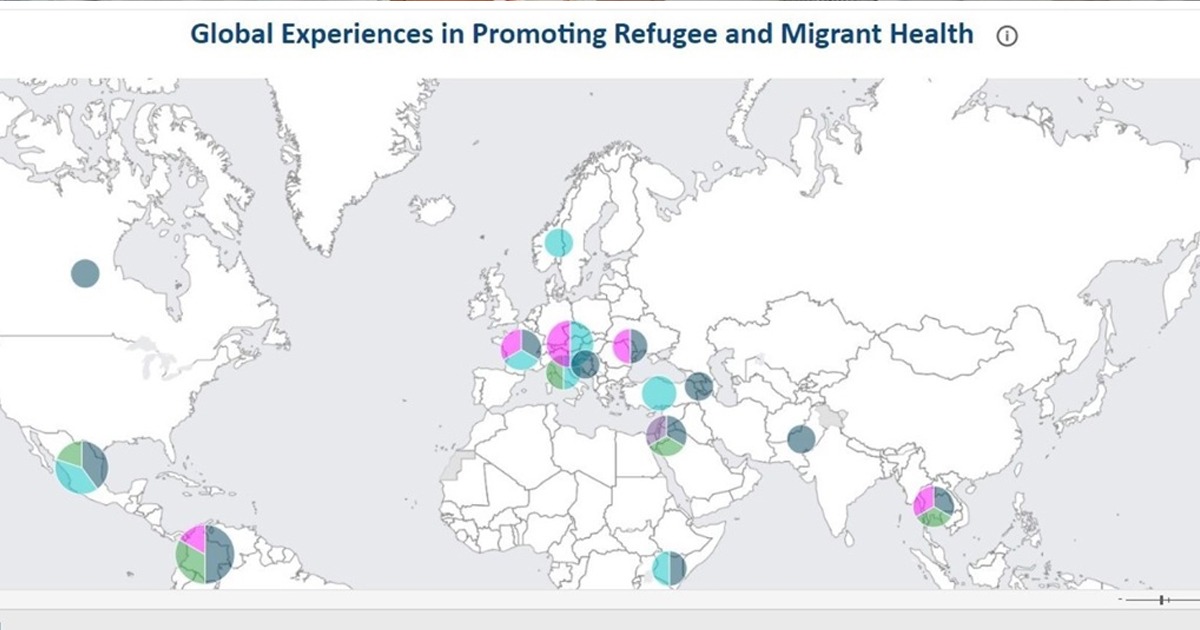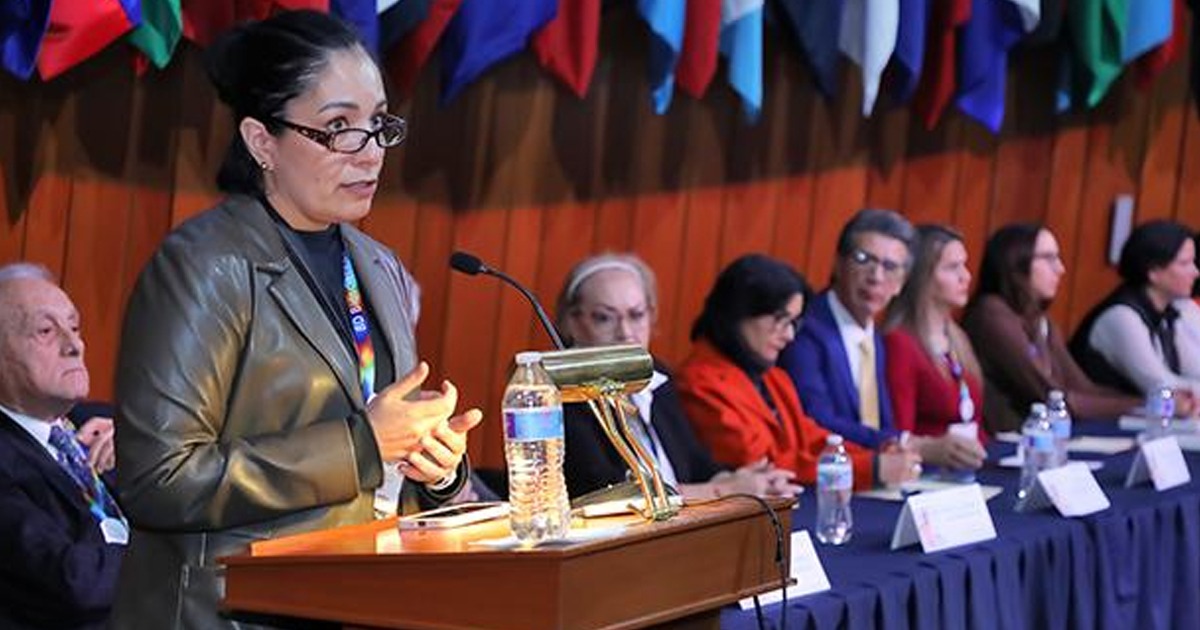Health specialists met to discuss topics on telemedicine, within digital health, directs to improve medical services and implement public policies that reinforce the exercise of this practice.
Within the VIII Argentine Congress of Auditors and Health Managers, held in Buenos Aires, a debate was held about the use of telemedicine to improve the country's health systems and the direction they must take to better complement health care services.
It was said, among many things, that this practice related to digital health must overcome the access gaps that are available to equip equal opportunities and conditions towards anyone in society.
The key focused on questioning how telemedicine should be used and, rather than a health care tool, should be considered support that strengthens the work of specialists and not lose the direct doctor-patient relationship that is key to good symptom interpretation and follow-up.
The importance of teaching this system from university faculties was also touched. How to raise awareness of the protection that experts should cover, once traditional writing methods (such as prescriptions and clinical records) are replaced by new technologies. These will officially verify signatures and leave less room for errors and possible mistakes.
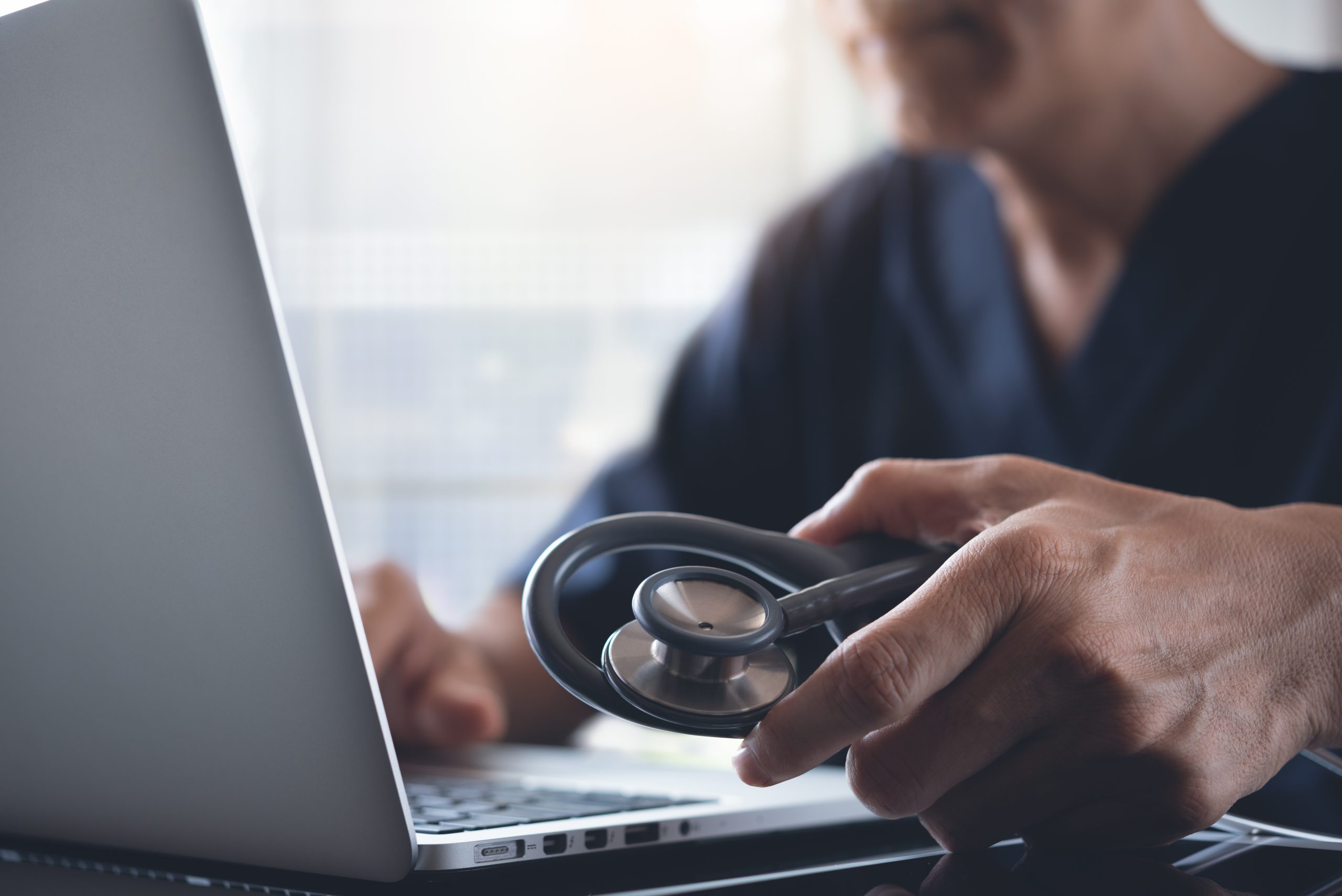
Another prevailing point is the regulation of telemedicine and the control of teleconsultations to provide comprehensive medical care that provides security and protection to users through its methodology configured for greater accuracy in processes and results.
Dr. Gabriel Barbagallo, President of the Civil Telemedicine Association of the Argentine Republic (ACTRA)-OSDE, pointed out that telemedicine is conceived as "a tool that improves medical quality, provided that it complements and does not replace classical care. It's one more way to get to where there's no other way to get there in time and space."
Finally, the National Digital Health Strategy promoted by the Ministry of Health was unveiled and which functions as an interoperable system which exchanges information that can be used for both the private and public sectors.
